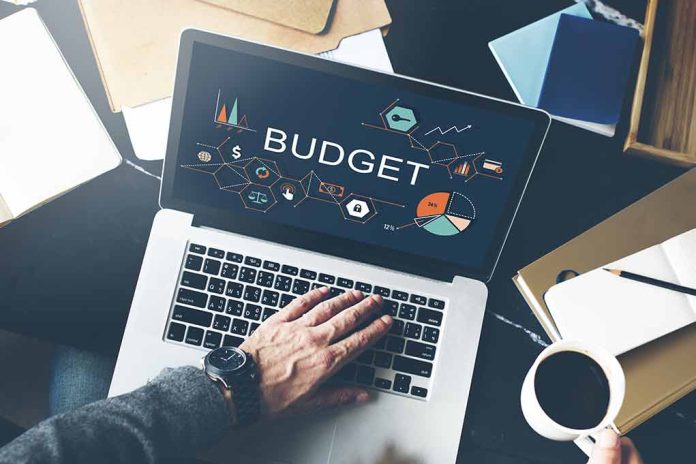
(DailyDig.com) – There isn’t a one-size-fits all approach to budgeting. While there are certain budgeting rules of thumb that stand the test of time, a truly useful, custom budget must be created from the ground up. It requires balancing short- and long-term expenses, and for one-time events and recurring expenses alike, remembering the following eight easily forgotten budget items will help guide spending habits more wisely.
Eight Most Frequently Missed Budget Items
1. Car Maintenance
Most people remember to budget for gas and monthly car payments, but maintenance often goes forgotten or underrepresented. Start with the most obvious maintenance services, such as oil changes, tires, and insurance. Then, check the car manual for services required at specific mileage increments. By clocking weekly mileage averages, it’s possible to estimate when these predictable services and expenditures will happen.
What about unexpected repairs? Keep a separate emergency fund handy just for car repairs and tow fees — or if it all becomes unwieldy, you can look up your car’s average maintenance costs with tools like Edmond’s Cost of Car Ownership calculator.
2. Wardrobe
Clothing is another item that’s easy to omit. The need for new clothes is often much higher during seasonal changes and events (like weddings and parties), so it’s a smart move to budget higher clothing expenses around those times.
3. Home Maintenance
Housing repairs don’t need to be intimidating, when the means of repairing them are available. According to American Family Insurance, homeowners can expect to pay 1% of a home’s value for maintenance and repairs each year.
Of course, the reality is that it’s impossible to know exactly when major repairs will occur, and while they’re typically infrequent, they’re also expensive. By setting aside smaller amounts throughout the year, the surprise of home repairs become much less shocking.
4. Holidays & Gifts
This is one overlooked budget item that’s easy to account for. Plan ahead by tallying the total number of gift recipients, then multiply it by the average gift price (plus a bit extra for those extra special people). Keeping an ongoing gift list can also help. It may seem over-disciplined, but it keeps shoppers primed for the best possible deals, reducing expenses overall.
5. Pets
What would life be without everyone’s favorite furry friends? Most pet owners include pet food in their grocery expenses, but pet budgeting goes well beyond food. A pet budget must include vet bills, boarding costs, and pet-sitting services, keeping in mind that these expenses may arise unexpectedly.
6. Entertainment, Self Care, & Relationships
Things like haircuts, dates, and outings with the people who matter most are important for life satisfaction — but it’s easy to make them too important at the expense of fundamental needs. By placing entertainment expenses in the same category as interpersonal health, it becomes clearer which expenses nourish the heart and soul, and which are mere indulgences.
7. Memberships & Subscriptions
It may seem like small amounts here and there, but that $10–20 per month on (each!) video-streaming and other web-based service adds up. Calculate each membership over the year, then add them up to see how much it all costs. The importance of any given subscription will be much clearer when they no longer seems like small, forgettable expenses.
8. The “Latte Factor”
As divisive as it can be, analyzing small-but-frequent spending habits is important. It’s hard not to have at least one token space that’s free from a steely budgetary grip. The argument goes both ways: either those routine café drinks and other creature comforts make only small, unnoticeable dents on income… or they’re a slow, continual leak that drains hundreds of dollars over the year.
Which perspective is true depends on one’s income and actual habits. Either way, it’s important to estimate how much those semi-daily pick-me-ups add up over time — or all the better, how much they could be if invested instead.
Better Budgets Mean Healthier Finances
It’s hard to budget when revenue and spending become fixed and habitual. If sparing time to refine a budget when time already seems short doesn’t seem doable, pare it down to something manageable: start by putting 20% of each paycheck in an envelope, and get into a habit of estimating annual expenses based on short-term spending. Gradually, it becomes easier, and money stresses seem smaller.
Copyright 2023, DailyDig.com













